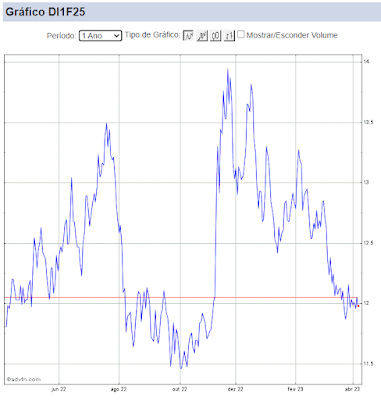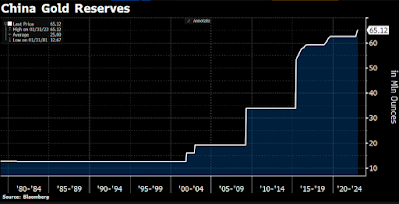Japão e Índia em Foco
Após uma noite de tom mais positivo, liderado pela bolsa japonesa, os ativos de risco estão abrindo a segunda-feira em tom de neutralidade, com a pressão nas bolsa da Europa trazendo um tom menos positivo do que aquele verificado nos mercados asiáticos.
Brasil – O debate dos candidatos a presidente na Record foi morno, sem ataques e mais propositivo porém, sem um vencedor claro. O mercado irá reagir, assim, as próximas pesquisa de intenções de voto. Tendo a acreditar que o cenário de empate técnico, com 2pp de vantagem para um, ou para outro candidato, pode acabar prevalecendo até o dia das eleições.
Japão – Rumores durante a noite deram a entender que o governo japonês poderia adiar um alta de impostos prevista no país, o que acabou dando suporte a bolsa local. (“The Financial Times reported that Shinzo Abe has hinted that he may delay increasing Japan’s consumption tax, saying the move would be “meaningless” if it inflicted too much damage on the country’s economy. Japan’s prime minister, said the planned tax increase from 8% to 10% was intended to help secure pension and health benefits for “the next generation”. But he added: “On the other hand, since we have an opportunity to end deflation, we should not lose this opportunity.” “By increasing the consumption tax rate if the economy derails and if it decelerates, there will be no increase in tax revenues so it would render the whole exercise meaningless.”)
Índia – O país passa por uma mudança política que pode ser comparada ao Brasil, caso a oposição vença as eleições. Neste ambiente, acho importante observarmos o que vem ocorrendo no país em termos de reformas e movimentação dos ativos locais, a fim de medir o que pode vir a ocorrer no Brasil caso Aécio Neves vença as eleições. Ao longo do final de semana, o partido de Modi apresentou importante vitória nas eleições estaduais. Além disso, o governo anunciou o fim dos subsídios ao preço do diesel e do gás natural, dando novo ímpeto aos ativos do país:
· Bharatiya Janata Party came first in two state elections, building on Modi's landslide victory in May. The BJP and allies led in 123 of the 288 seats in Maharashtra and was set to win 47 of 90 seats in Haryana, according to Bloomberg. State elections are important for control of the upper house of parliament, where representation is based on seats in local assemblies. While the BJP controls the lower house, or Lok Sabha, after winning the strongest mandate in 30 years, it holds about 18 percent of the Rajya Sabha.
· Over the weekend, India scrapped controls on diesel prices and increased natural gas tariffs in Prime Minister Narendra Modi’s biggest steps toward curbing subsidies, spurring energy output and reviving the economy. Diesel will now be market determined and the price of natural gas will climb about a third as a result. Moody's sovereign analyst Atsi Sheth said Moody’s stable outlook on Baa3 rating for India “incorporates” an expectation of such incremental “credit positive” policy changes.
From CS


Comentários
Postar um comentário